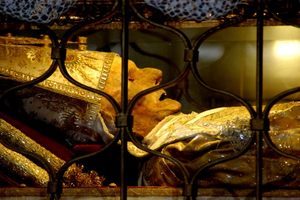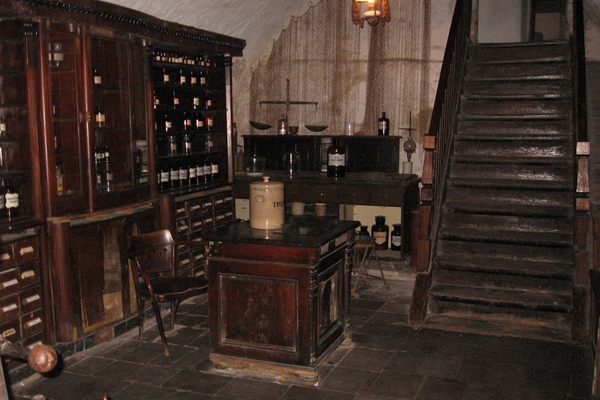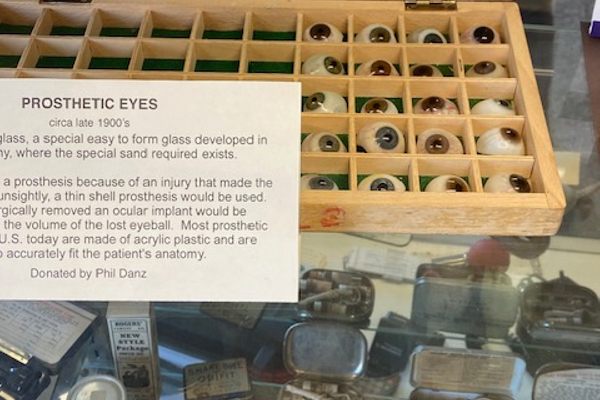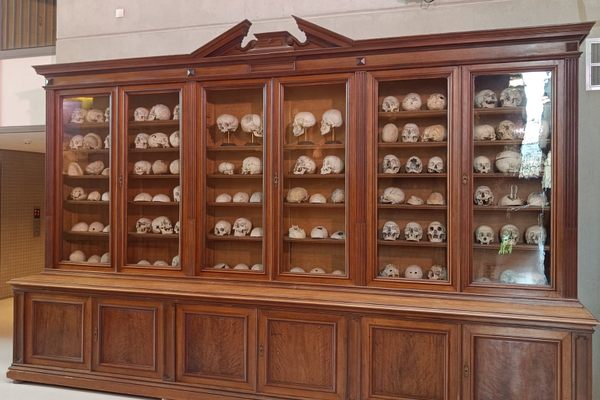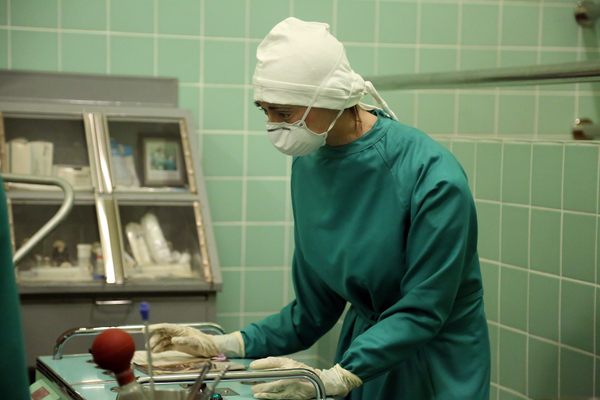About
Founded in 1824, the Pathological Museum of the University of Florence features wax figures sculpted by some of the great anatomical artists of the 19th century.
This small, but important collection of early medical wax moulages of pathologies features several pieces created by artists from the famed Florence wax studio, including Luigi Calamai, Giuseppe Ricci, and Egisto Tortori. These moulages were invaluable teaching tools in medical schools, where living examples, cadavers, and other visual aids of many pathologies were often scarce. One of the most famous pieces in the museum is the 1851 “leper” model by artist Luigi Calamai. This affecting moulage depicts a man horribly suffering from skin lesions. Though he is known as “the leper,” the man was actually suffering from Norwegian scabies.
The museum also has a collection of preserved tissue samples, plaster casts and skeletal remains, many of which are the same specimens depicted in the wax models. Perhaps the most touching pieces in the collection are the skeletal remains of a child with severe hydrocephaly and a wax model which brings the tortured child to life. The collection also includes registers of autopsies and case studies from the 19th century.
The museum is open to the public by appointment only. It is a reminder that science and artistry often go creepy wax hand in creepy wax hand.
Related Tags
Community Contributors
Added By
Published
January 22, 2016



















